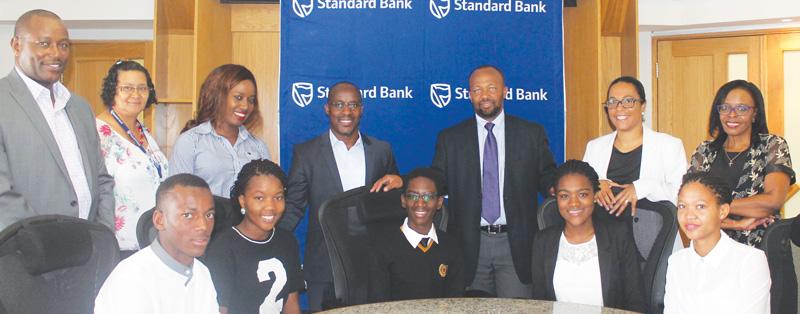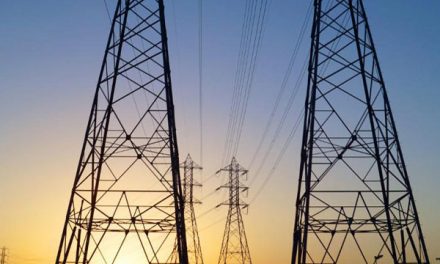
Women championing in the field of science

The Gobabeb Research and Training Programme (GTRIP) this week welcomed, Elizabeth Shilunga (UNAM, Bsc. Honours Environmental Biology), Ester Kayala (UNAM Bsc. Honours Environmental Biology), Saima Shikesho (UNAM, Bsc. Honours Environmental Biology), and Petra Mutota (NUST), completing her Bsc. in Natural Resources Management as their participants in this year’s intake.
The Gobabeb programme provides an interdisciplinary research experience for emerging scientists .
The intake of the student comes days after the celebration of the International Day of Women and Girls in Science, which recognises science and gender equality as both vital for the achievement of the 2030 Agenda for Sustainable Development.
For the next 5 months the participants will live and work at Gobabeb while conducting individual independent research projects under the guidance of Gobabeb researchers. The diverse research topics this year include: !nara physiology, abiotic factors impacting !nara dune hummocks, scorpion burrow formation, and radon emissions from a uranium mine.
According to the the research institute, the participants will design and implement their own experiment, write a formal scientific paper, and present their findings to the public in June 2017.
In addition to their research experience, the GTRIP programme also includes a weekly journal club, an annual symposium, field trips to unique ecological sites, a three day backpacking trip, and opportunities to interact and learn from the multitude of scientists conducting research at the station.
“We are excited to see what GTRIP 2017 comes up with and are confident that these four will produce impressive scientific research,”said the Gobabeb Training and Research on their website, on how throughout their time at Gobabeb, the students will periodically write articles about life and events at Gobabeb.
According to the United Nations (UN) over the past 15 years, the global community has made a lot of effort in inspiring and engaging women and girls in science, unfortunately, women and girls continued to be excluded from participating fully in science.
Furthermore a UN study conducted in 14 countries, noted that the probability for female students of graduating with a Bachelor’s degree, Master’s degree and Doctor’s degree in science-related field are 18%, 8% and 2% respectively, while the percentages of male students are 37%, 18% and 6%.
To achieve full and equal access to and participation in science for women and girls, and further achieve gender equality and the empowerment of women and girls, the United Nations General Assembly adopted resolution A/RES/70/212 declaring 11 February as the International Day of Women and Girls in Science.













































